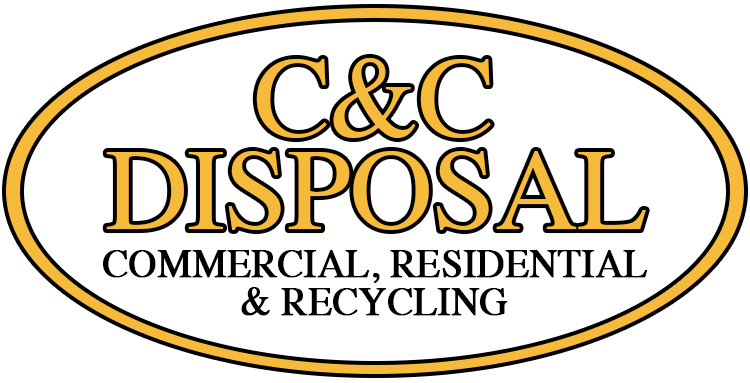
We’re all looking for ways to make cleaning faster and easier. Believe it or not, sometimes taking certain “shortcuts” actually makes it harder on you in the long haul. You and your family may even have developed some bad habits that are inhibiting your ability to get the job done more efficiently (you may even be causing harm to your home!)
It’s time to start breaking these habits so you can get to a cleaner home, faster. Here’s an easy way to start: Pick one or two bad cleaning habits to change each week. Soon, you’ll have a cleaner home and more free time for things you enjoy!
Allowing Paper Clutter to Accumulate
Even with online billing and banking, there is still a mountain of paper that ends up in our homes. Magazines, newspapers, school papers and projects; they have a tendency to pile up. Don’t let that happen.
Designate a place near the entryway for all mail, periodicals, and paper forms and keep a shredder or recycling bin close by. At least once a week, sort through and complete the needed action or toss.
File important papers like tax receipts. Take digital photos of children’s special artwork or frame them for display. Share magazines with retirement homes, schools, or simply read the articles online.
Leaving Wet Towels and Shower Curtains Bunched Up
Want to spend less time in the laundry room and scrubbing mildew from bathroom surfaces? Don’t leave wet shower curtains bunched up and wet towels in a heap on the floor.
This is one of the simplest bad habits to break. By closing the shower curtain after each use, it will dry more quickly and discourage mildew growth. By hanging wet towels to dry, you’ll get a second or third use and lighten your laundry loads.
Using Too Much Cleaning Product
If a little bit of cleaner works, then a lot of cleaner will work better and faster? Right? That’s not how it works.
Using too much cleaner or laundry detergent can actually cause more harm than good. If an excess of cleaning product is not rinsed away completely, the residue becomes a dirt magnet, trapping soil. That’s why you should read directions and always use the recommended amount or even a little less. You’re wasting time and money on the extra product and the water to rinse it away.

Recent Comments